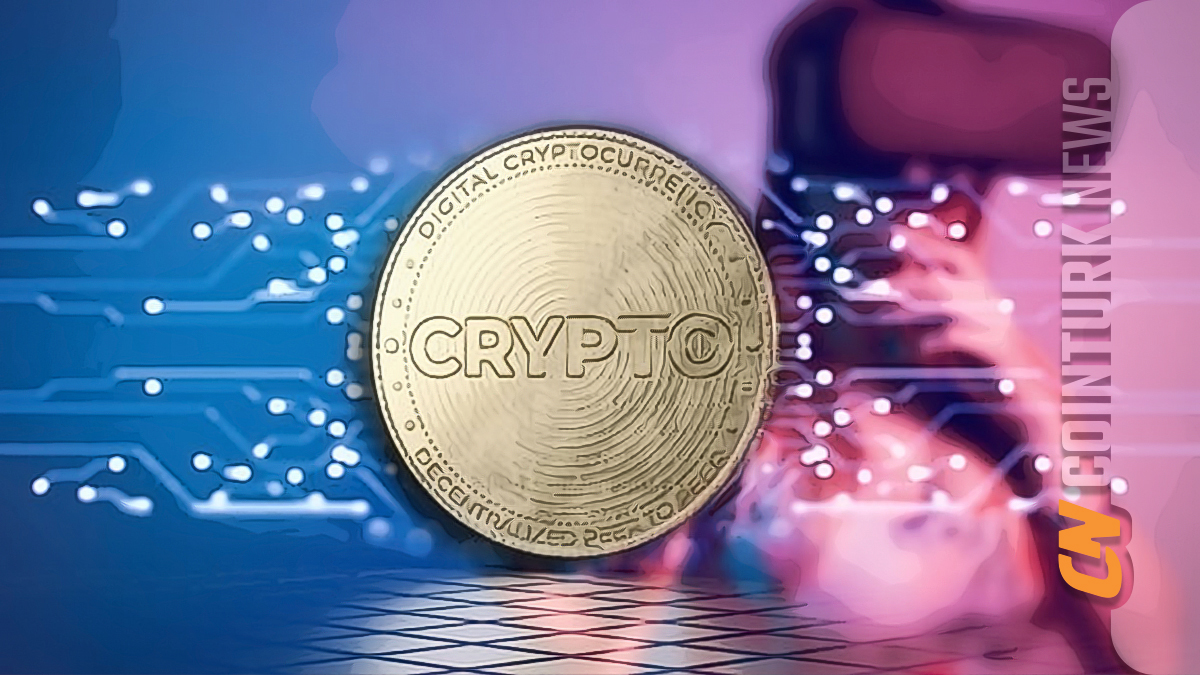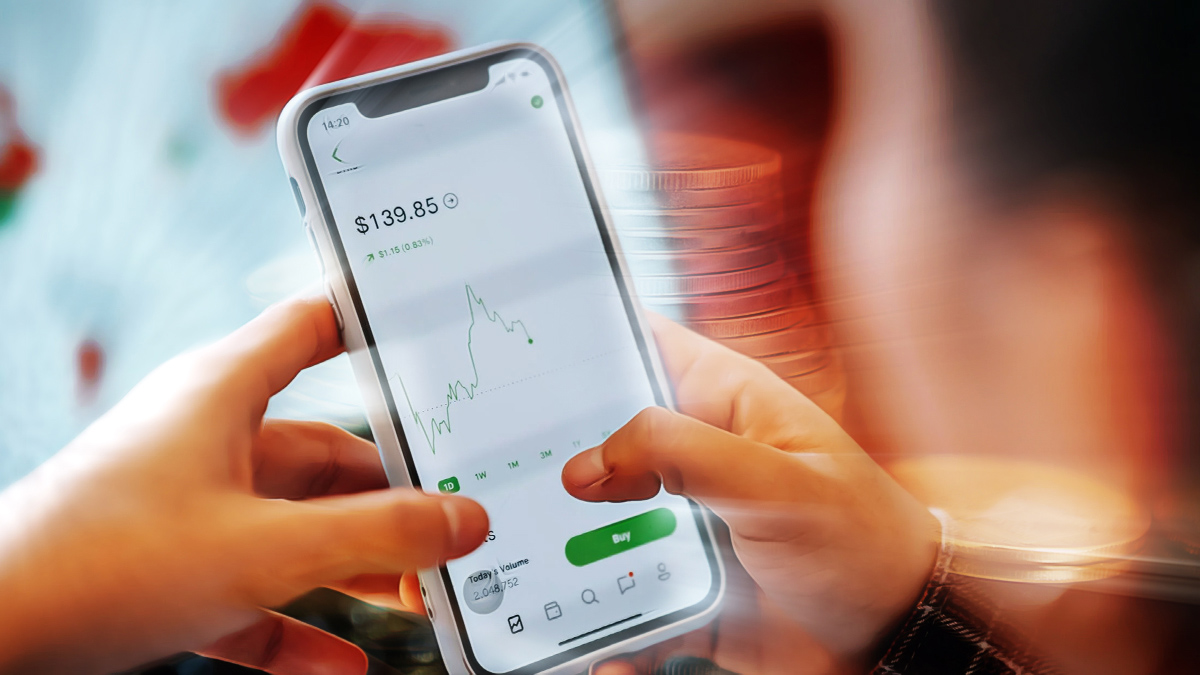South Korea’s largest cryptocurrency exchanges, Upbit, saw its 24-hour trading volume reach the highest level at the beginning of March before dropping to $3.8 billion in early April. On March 5th, Upbit recorded a daily trading volume of approximately $15 billion, the highest for the exchange this year.
What’s Happening at Upbit?
The increase in the crypto exchange’s daily trading volume can be linked to Bitcoin reaching an all-time high of $69,200 on the same day. The surge was influenced by substantial inflows into new spot Bitcoin exchange-traded funds in the United States.
While Bitcoin was trading below $70,000 in the rest of the world, the crypto asset reached an all-time high on Upbit of 96,734,000 South Korean won, valued at $72,504 on March 5th. This may have played a role in the increase in daily trading volume on the exchange that day.
The price disparity in South Korea compared to the rest of the world is often referred to as the Kimchi Premium. Named after the country’s famous fermented side dish, the Kimchi Premium denotes the price discrepancy between Bitcoin prices on Korean crypto trading platforms and international crypto exchanges. Despite the rise, the exchange’s daily trading volume did not last long as it dropped to $2.6 billion by March 31st.

The Crypto Market and Upbit
According to the token price data platform CoinGecko, Upbit’s current 24-hour trading volume for April 1st is $3.8 billion. In 2023, Upbit’s parent company reported an 81% decrease in net profit. Upbit’s owner, Dunamu, reported a profit of $23 million on November 28th; this figure is much lower than the approximately $123 million earned in the same period of 2022.
The company stated that the low profit could be due to a sluggish investment market resulting from economic downturns. It also pointed to the low prices of crypto assets as one of the reasons for the decline in profit. Despite the profit decrease in 2023, Dunamu continued its efforts to expand Upbit’s business. The exchange received a Major Payment Institution license from the Singapore central bank on January 9th. This allows the company to offer crypto and fiat-related services in Singapore.









